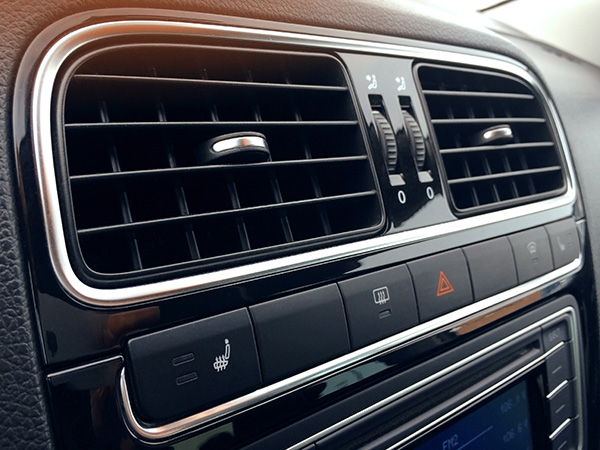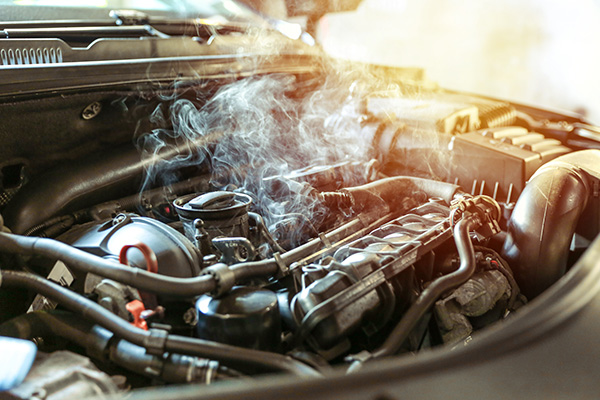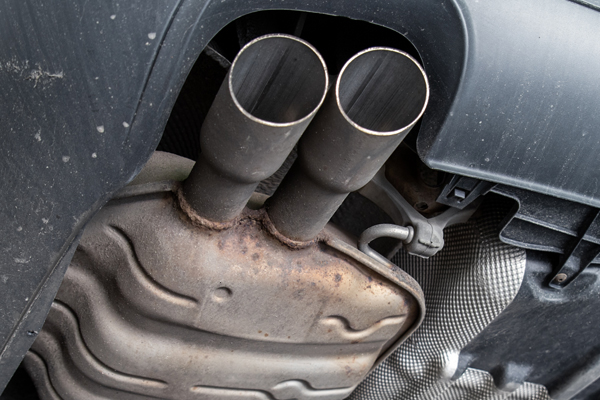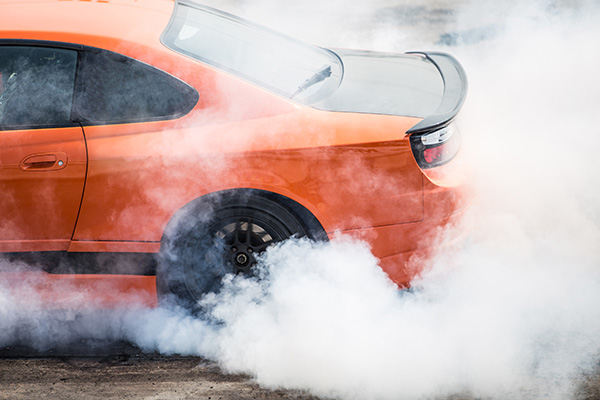Posted on 12/19/2025

When you step into your Audi on a cold morning, you expect warm air within a few minutes. When the vents stay cool or barely lukewarm, it feels uncomfortable and can hint at a problem hiding under the hood. A cold heater can be something simple, or it can be an early warning of bigger issues with the cooling system. The trick is knowing which is which before damage or costs grow. What It Feels Like When Your Audi Heater Runs Cold A failing heater usually starts with subtle symptoms. You might notice that the air from the vents never really gets hot, even after the engine has been running for a while. Sometimes the air temperature fluctuates, going from warm at higher speeds to cool again when you stop at a light. You may also see the windows fogging up more than usual, because the heater and defroster are not keeping up. Over time, those mild annoyances can become more obvious. The cabin might stay completely cold, even after a long drive. You may hear the blower fa ... read more
Posted on 11/28/2025

Volkswagen owners are a curious bunch, and we love it. Clear answers keep your VW feeling tight, quiet, and reliable on daily drives. Here are the questions we hear most often at the counter, explained in plain language so you know what needs attention now and what can wait for your next service. 1. What Does The Check Engine Light Mean? A steady light means the computer found a fault and stored a code. You can usually drive gently, but schedule a diagnostic soon. A flashing light points to a misfire that can overheat the catalytic converter. Ease off the throttle and plan on immediate service. The code is a clue, not a verdict; testing confirms whether the cause is a sensor, wiring, vacuum leak, or ignition issue. 2. Why Does My VW Say “Service Now” After I Already Changed The Oil? The maintenance reminder is a timer, not a dipstick. After an oil change it needs a reset through the menu or a scan tool, depending on model. If the messa ... read more
Posted on 10/31/2025

An overheating engine is a warning sign that your vehicle's cooling system is in trouble. The cooling system keeps engine temperatures in check, and when any part of it fails, your car can quickly go from running fine to sitting on the side of the road with steam pouring from under the hood. Here are six common cooling system issues that can lead to overheating, and why addressing them early is crucial. 1. Low or Leaking Coolant Coolant, also known as antifreeze, circulates through your engine to absorb and carry away heat. If coolant levels drop due to a leak or evaporation, the system can't function properly, and engine temperatures rise quickly. You might notice a puddle under your vehicle, a sweet smell from under the hood, or warning lights on the dashboard. Leaks can develop from hoses, the radiator, the water pump, or even the heater core. If coolant is low, it's essential to top it off and locate the leak before major damage occurs. ... read more
Posted on 10/27/2025

How Can A Good Emission Inspection Save You From Costly Repairs? Your vehicles emissions systems plays a large role in both protecting our environment and your engines performance. Designed to reduce harmful pollutants, this systems includes parts such as the catalytic converter, oxygen sensors, and evaporative emissions controls. When and if these parts fail, it can lead to poor fuel economy, serve engine damage, and expensive repairs. It will also lead to a failed state inspection. That’s why getting a regular emission inspection is much more than a biennial legal requirement, they’re a smart preventive measure. The Hidden Cost of Emissions Neglect Ignoring your emissions system can often lead to a domino effect of problems. A failing oxygen sensor, for example, can lead to your engine running too rich or too lean. This leads to damaging the catalytic converter; a repair that can cost over $2,000. Worse, unresolved emissions issues can prompt your check engine light, c ... read more
Posted on 9/26/2025

The world of performance cars wouldn’t be what it is today without BMW’s M Division. Born from motorsport and refined through decades of engineering, BMW M has redefined what it means to blend speed, precision, and everyday usability in a road car. What started as a small team dedicated to race cars evolved into one of the most respected names in performance vehicles. Let’s take a look at how the M Division has shaped modern performance, from its motorsport roots to today’s track-ready street cars. It All Started with Motorsport BMW M began in 1972 as BMW Motorsport GmbH, a racing-focused division tasked with helping the brand succeed in international motorsport. Their first major project was the iconic BMW 3.0 CSL, a lightweight coupe that made a serious impact on the European Touring Car Championship. The success of this program put BMW’s engineering on the global stage and helped the company build a reputation for cars that didn&rsq ... read more